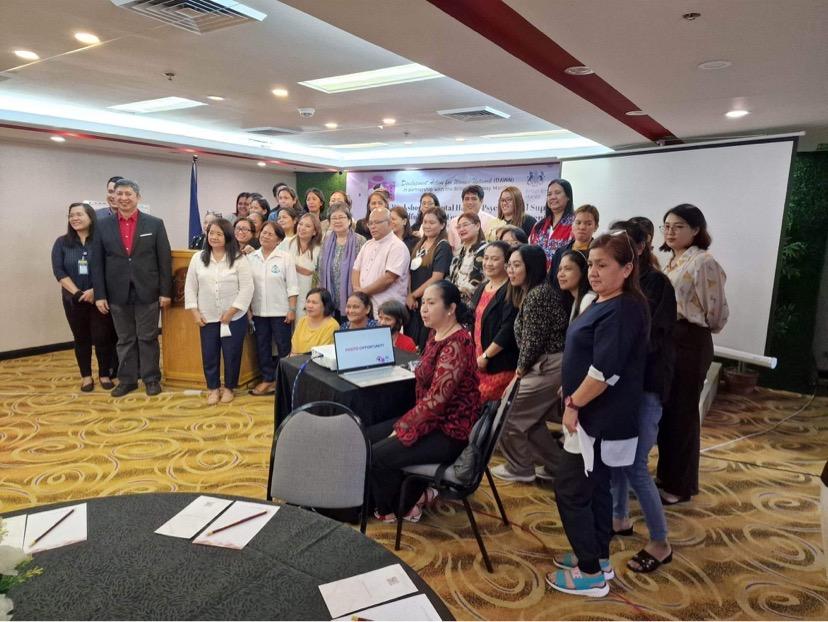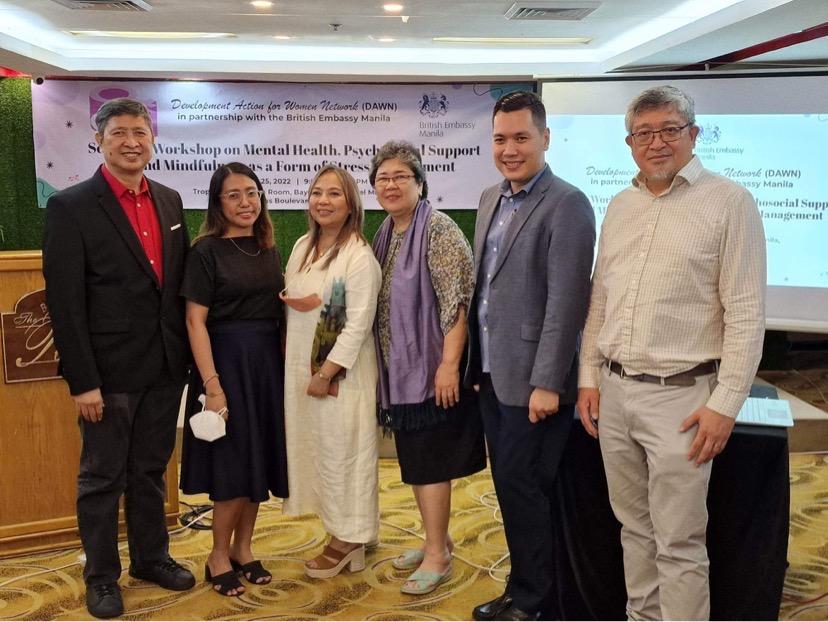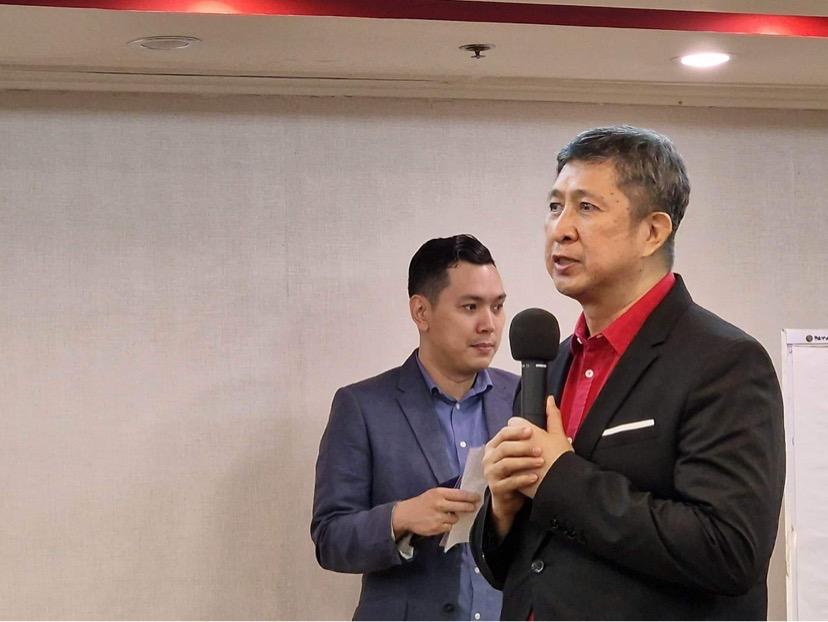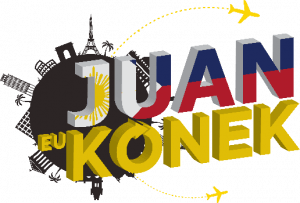Mental health, Psychosocial Support and Mindfulness as a Form of Stress Management
By Gene Alcantara
Manila- I was lucky enough to find time to attend this very interesting and important seminar on coping strategies and mechanisms by the Development Action for Women Network (DAWN) in cooperation with the British Embassy Manila.
Held recently at the Bayview Park Hotel Manila on Roxas Boulevard, it was attended by women’s groups, staff from concerned agencies, and migrants both landbased and seabased and their families.
We were welcomed by Ms Carmelita G Nuqui, the Executive Director of DAWN. She said, “the coronavirus pandemic did not make life easy.” However their work in assisting migrant women returnees and survivors of trafficking including children, and generations based violence continued throughout.
“For two years online-online lang,” per Lance Velasco. So this was the first face to face they have managed to arrange.
DAWN has also joined the observance of Violence against women campaign.
Amongst the audience were
OFW Family Circles, women from DAWN, representatives from different government organisations and NGOs such as Austrian Embassy, ENFID, CBCP ECME, DOT Culture and Arts, SSS, Philhealth, Pag-ibig, IoM, plus OWWA,TUP, Manila Gender & Development Office, Stella Maris, and families of seafarers.
Dr Jerry J Jurisprudencia, registered guidance counsellor, and with Miriam College, spoke about Mental Health & Psychosocial action. He spoke about how to take good care of oneself, particularly those who go to work overseas. It is also the now normal, which is the new normal. We need to know the triggers to know how to help the women. We need to learn from women.


For migrant women it was important to know which category one belongs to: cracked glass, leaking glass or broken glass. Are you simply surviving or will you thrive and will flourish? The impact of Covid 19 and typhoons on lifestyle, work, financial plans, daily routine, future plans mean all are interrupted. So, there are pressures to cope and sustain.
When you look at a woman look behind the smile, there maybe something heavy.
Look and check and be sensitive. “How do you identify stress? — forgetting is a sign of stress. O biglang uminit ang ulo mo.
O baka dami kinakain, stress eating pala. If stressed, then they become vulnerable,” he explained. Stress can be defined as “physical, mental or emotional strain or tension”.
He gave the example of a domestic helper who does not see her children growing up, but she looks after the children of her employers. What stresses does she go through? Even small daily stresses from work, school, family and friends can take a toll on your mind and body.
The longer the stressful situation, the worse it gets. If the women are strong, then they manage for their families. But if there are issues like Covid-19 (social isolation, loneliness etc), then it is difficult if you have no resources.
Dr Ma Paz Manaligod, a guidance counsellor and teacher at Miriam College, author of a book on ADHD, gave a talk centred on using Mindfulness to ease mental stresses.
Her talk covered understanding the science of Mindfulness, learning some Mindfulness techniques, and applying Mindfulness in our daily lives.
She explained that stress triggers the brain’s “threat system”. When this happened the brain releases a stress hormone called cortisol and this activates the sympathetic
nervous system (fight-fliģht response).
Dr Manaligod defined Midfulness as “the basic human ability to be fully present, aware of where we are and what we are doing, and not overly reactive or overwhelmed by what is going on around us.” Put simply, Midfulness is finding a way to live in the present moment.
She suggested some strategies for gaining Mindfulness. One could start a gratitude journal to enable you to realise that every day has positives to it. One could walk mindfully, walking stress off and focusing on the physical sensations of walking. You could eat mindfully — you feed your brain while you eat, by appreciating the aroma of food and revelling in the flavour and texture of each bite. One could get exercise, or do yoga when you can relax and focus on something other than worries in your mind. There is also meditation and what is called belly breathing (one hand on your chest, the other on your belly as you inhale deeply and exhale through your mouth).
The two experts then went through some actual exercises to increase participants self-awareness, and on using colouring sheets to enable us to focus on nothing but the pleasure of applying coloured pencils or crayons onto a drawing.
There seemed much to be learned from the exercises and the presentations by the two experts which were meant to address the needs particularly of migrant women returnees.
***
Interestingly in the UK at more or less the same time, there were events to raise awareness of violence against women and girls, as part of the Unitd Nations’ 16 days of activism against gender-based violence.


